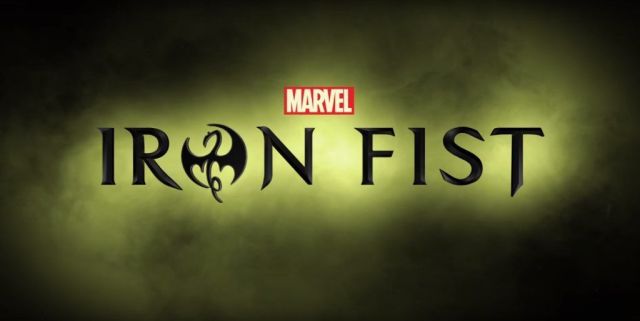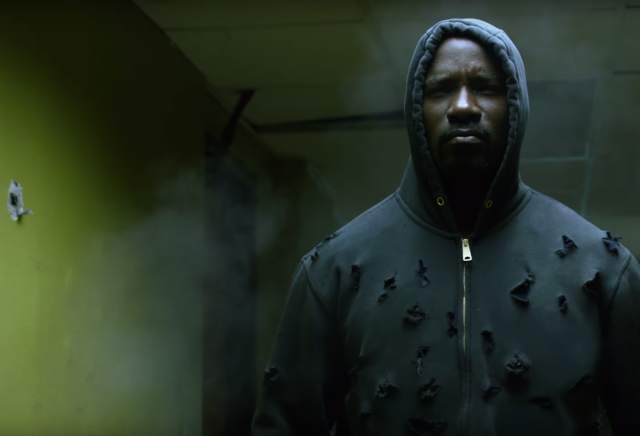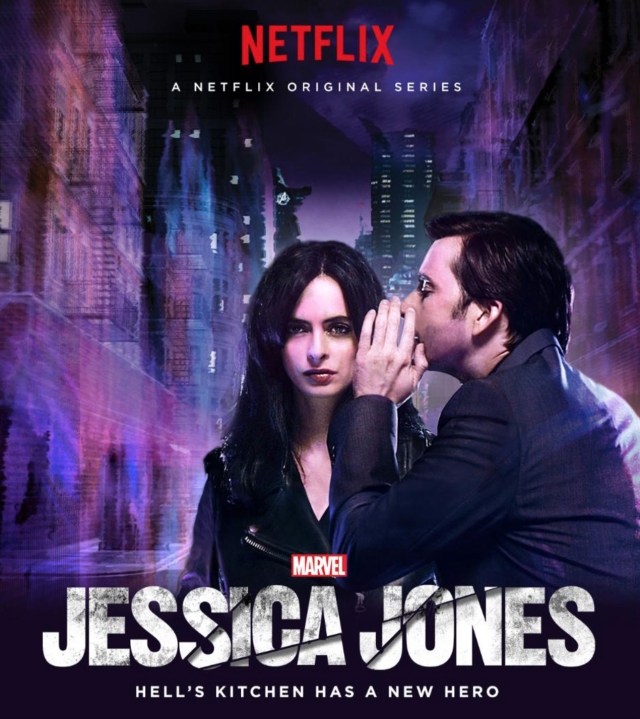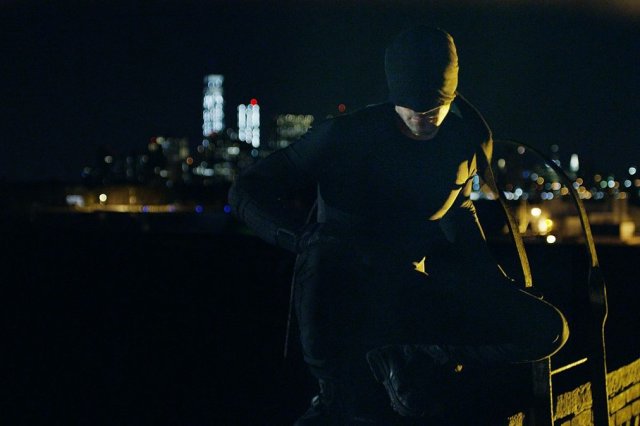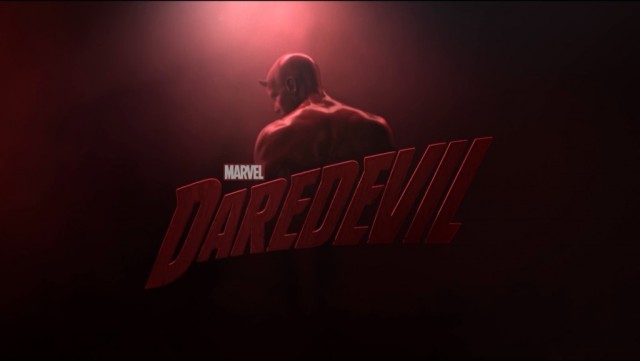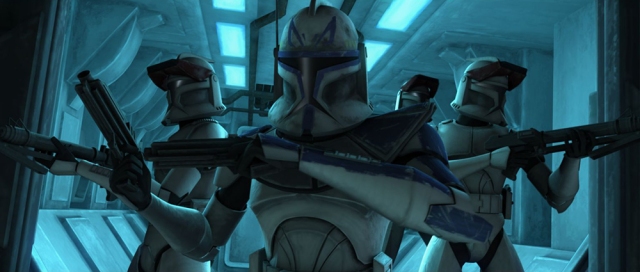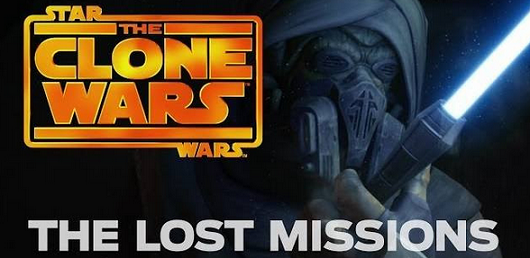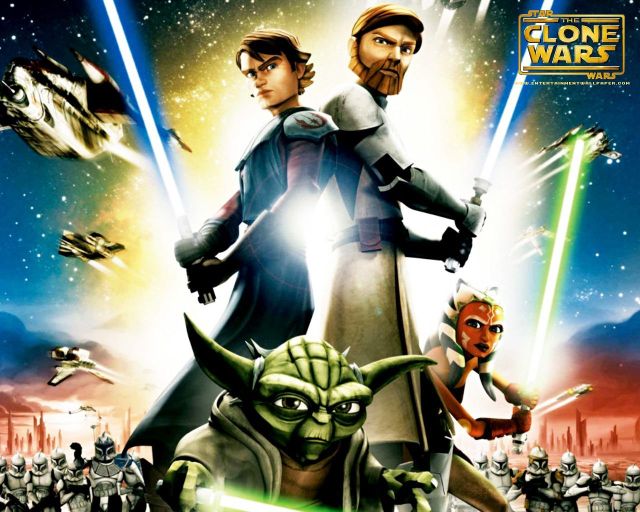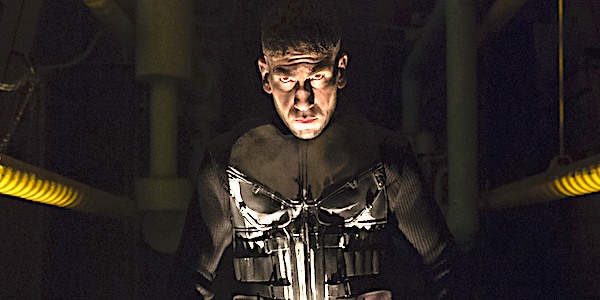
Spooky attack!
Do you like roller coasters?
Metaphorical roller coasters?
The Punisher, Netflix’s latest Marvel television series, is something of a ride. You know what it is before you go on it. You can look at it from the outside and get the gist, and you’re opinion of it, I suspect, will largely hinge on your eagerness to get on the ride to begin with.
The roller coaster in question? One of the oldest around: revenge. Straight-up, brutal, Old Testament vengeance.
Like any good revenge narrative, The Punisher isn’t necessarily a fun ride, but it’s one that is easy to insert yourself into because of the primal nature of the story and the out of this world portrayal of the titular vigilante Frank Castle by Jon Bernthal.
In many ways Castle is an agent of fantasy, of wish fulfillment. While the healthy majority of us hopefully aren’t chomping at the bit to have our families murdered, or to beat a guy to death with a sledgehammer, there’s likely a little Punisher in each of us. Whether it’s the feeling we get being cut off in traffic or the simmering resignation forced upon us when we see power abused without consequence there’s a universality to what The Punisher can offer: a world in which justice and one’s own righteousness are intertwined and absolute, in which they are elemental forces of sheer will tapped from a bottomless, primordial well.
Bernthal finds the fine balance between embodying those forces like a bloody monument and portraying the misery of a battered and broken human being. His grunts and silences and screams and scowls breathe life into Frank Castle so that we are able to not only tap into the aforementioned universality of his motivations, but his humanity as well. He is one of easily one of the greatest casting decisions the Marvel Cinematic Universe has ever made. We can move through the story with him, in some respects we can move through the story as him. He is the car on the tracks of this rollercoaster and it is exactly the car you want to be in.
If, that is, you want to be on a rollercoaster.
Like any other revenge yarn, engaging with The Punisher is chasing a dragon of sorts. Fully immersing yourself in Frank Castle’s quest requires a suspension of one’s better angles in the hopes of achieving that sweet nirvana of vicariously reaping brutal revenge. Inconsequential means to an inconsequential end, given that we’re talking about watching a television show, but a bargain that still isn’t for everyone.
The Punisher is also fueled by the sort of superhuman masculinity at the center of many revenge yarns that may turn some viewers off, though it makes efforts to explore and subvert that trope and its potential toxicity
If you like the character of Frank Castle, smart money says you’ll enjoy Netflix’s take on The Punisher, and even if you aren’t a fan of the character there still might be a chance that Bernthal’s stellar performance could win you over. Like any metaphorical roller coaster, you don’t have to get on to get a pretty good idea of what you’re getting in to. It goes up. It goes down. It does loops and spins. If that isn’t for you it isn’t for you, but man if it is for you holy crap the ups and downs and loops and spins on this thing are insane.

